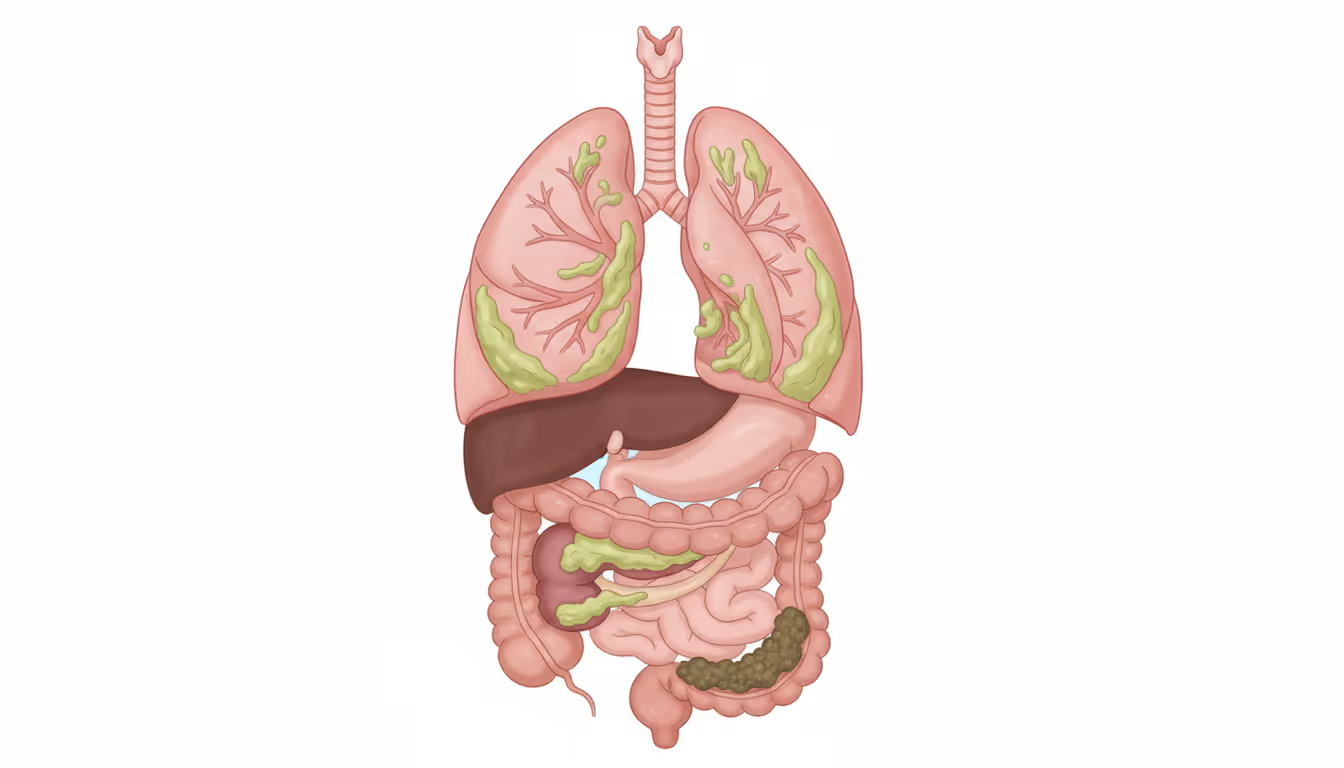
Cystic fibrosis is a serious condition that affects the glands, leading to the production of unusual secretions. This results in mucus accumulation, primarily impacting the pancreas and, consequently, the intestines. The buildup of mucus can also impair other functions. Known as CF, this disorder, if left untreated, causes 95% of affected children to die before reaching the age of five, though some individuals with CF have lived beyond 60 years. Early detection is crucial for managing the disease. Treatment typically involves therapies to clear mucus from the lungs and the use of pancreatic enzymes and medications to combat severe lung infections. Statistically, one in every 400 couples faces the risk of having a child with CF. Being a recessive genetic disorder, the likelihood of an at-risk couple having a child with CF is 25% for each pregnancy. CF arises from mutations in the CFTR (cystic fibrosis transmembrane conductance regulator) gene, which is found on chromosome 7.




